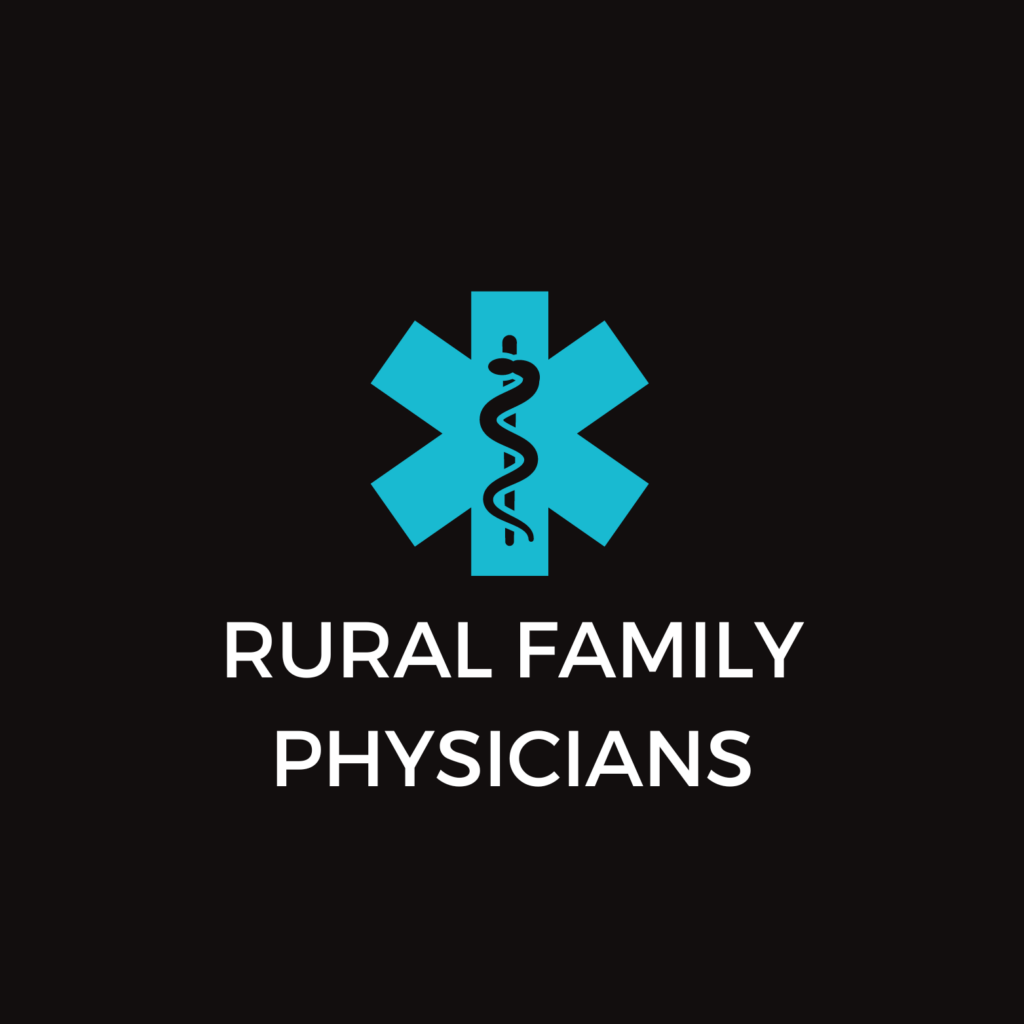Your integrated care team may include professionals from primary care, mental health, and substance use; to work together, they must understand how each sector works and what it takes to successfully integrate primary and behavioral healthcare.
The SAMHSA-HRSA Center for Integrated Health Solutions (CIHS) worked with experts to produce a variety of skill development trainings for members of the integrated care team.
Take a look:
- Social Workers: The Integrated Healthcare Curriculum for Schools of Social Work, developed with the National Association of Deans and Directors of Schools of Social Work and the Council on Social Work Education, is a downloadable curriculum – including slides, suggested readings, and activities – that introduces social work students to the practice of integrated behavioral health in primary care and develops skills in engagement, assessment, intervention planning and implementation, and practice evaluation.
- Addiction Treatment Professionals: This 5-hour self-paced online course, developed in collaboration with the Addiction Technology Transfer Center Network and the Morehouse School of Medicine National Center for Primary Care, is a five part training that provides resources and information to help addiction treatment and other behavioral health professionals understand whether working in a primary care setting is a good fit for them. Continuing education (CE) credits are available for professionals who complete the course.
- Psychiatrists: This online training curriculum for psychiatrists working in primary care, from the University of Washington AIMS Center, consists of five modules that describe the basic structure of integrated behavioral health in a primary care setting and the role for a consulting psychiatrist in an integrated care team.
- Peer Specialists: Whole Health Action Management (WHAM) prepares peer providers to serve as health educators and coaches. The curriculum guides participants through a person-centered planning process to set a whole health and resiliency goal and implement a weekly action plan. The training helps the peer workforce move into service models like health homes. The curriculum is available in both English and Spanish.
- Case Managers: The Case to Care Management Training is a one-day course that expands the traditional case manager role from helping clients with serious mental illness in navigation and behavior change toward a broader role of helping them learn to manage co-occurring physical and mental illnesses.
- Behavioral Health Consultants: A Certificate Program in Integrated Care Management, from the Department of Family Medicine and Community Health at the University of Massachusetts Medical School, offers licensed mental health professionals certification to expand their care management skills for Patient Centered Medical (or Health) Homes.
- Frontline staff: Mental Health First Aid creates capacity within primary care (e.g., nursing aides, psychiatric technicians, social workers, human services assistants) to identify, understand, and respond to signs of mental illnesses and substance use disorders. CIHS supported the development of Mental Health First Aid tools designed for application in rural communities, as well as a Spanish adaptation of the curriculum to address the needs of diverse communities across the country.
What else can you do to develop your integrated care team? Check out the Core Competencies for Integrated Primary Care and Behavioral Health, and visit our education and training page for additional professional development resources for integrated care. And email integration@thenationalcouncil.org to let us know of trainings you find useful for your integrated care team.



